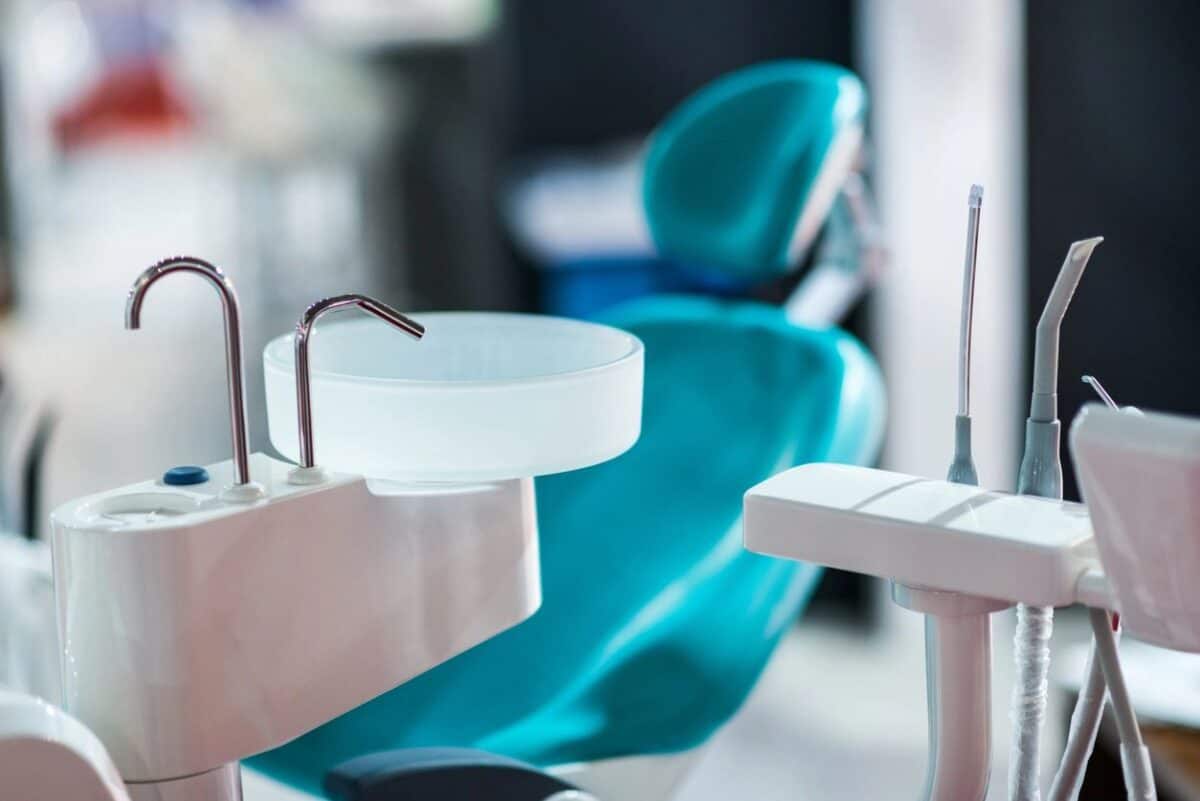As your child goes back to school, make sure there are no distractions this year, such as teeth! Did you know that dental health could have a big impact in the classroom? One study points out that unplanned dental care for children 5-17 equals 34 million school hours lost a year! So now that we’re back to school, help prevent those lost school hours by introducing your child to the dentist if you haven’t already. To help do so, here are some tips to make sure your child’s dental visit is a pleasant one!
Prepare, Prepare, Prepare
Role play: The week leading up to your child’s first visit have fun with them by pretending to be at the dentist. You can act as the dentist and your child the patient. Then have fun with it and switch the roles. This gives your child a sense of control not to mention the giggles it creates! Be sure to role play some common procedures your child will encounter. Some things to act out are: taking x-rays, having a dental exam, cleaning the teeth, using suction, flossing and putting on fluoride.
Terminology: When you role play try using age appropriate words and descriptions. Some ways we explain common procedures are:
- Taking x-rays: “taking pictures”
- Exam: “counting teeth”
- Explorer: “tooth counter”
- Cavities/bacteria: “sugar bugs”
- Polishing/Cleaning: “tickler or tickling toothbrush”
- Suction: “Mr. Thirsty or vacuum”
- Air/water: “squirt or water gun”
- Fluoride: “vitamins”
Read to them: Dental themed children books are great tools to prepare your child. Reading these books ahead of their dental appointment can help them not only hear but also see what to expect. Two of my and my children’s favorites are The Berenstain Bears Visit the Dentist by Stan and Jan Berenstain and Just Going to the Dentist (Little Critter) by Mercer Mayer.
Make Sure They are Well Rested
If your child still naps, try not to schedule their dental visit around that time. Tiredness and crankiness often go hand in hand!
Feed Them
A hungry child can be a crabby child. Try to have your child eat 30 minutes to an hour before their appointment. After a routine visit your child won’t be able to eat or drink for 30 minutes if fluoride is placed on their teeth. If your child is having more complex dental work done that requires numbing, they may not be able to eat for a few hours! Having your child fed can help ensure no growling tummies or tempers at their visit.
Check Your Anxiety at the Door
It’s not uncommon for adults to have a dental phobia. Children can often pick up and sense the anxiety of a parent. This may lead to their becoming apprehensive as well. But the good news is that the reverse is also true! Having an upbeat and excited attitude about your child’s dental appointment can rub off on them. This can help make the visit a pleasant one for all!
Monkey See, Monkey Do
Does your child have an older sibling that is used to visiting the dentist? If so, have them observe their big sister or brother during a routine check up before their first visit. Make sure to have a talk with the older sibling. Have the sibling show enthusiasm and discuss how nothing hurt after the visit is over.
Keep Your Cool
If the dental office is a new environment for your child it can often be a scary one. At the first appointment, your child is getting used to new sights, sounds and smells. Meeting new people and often times people wearing a lot of funny things (gloves, masks, eyewear, gowns, etc) can be tough for anyone. If your child doesn’t react well try to stay calm and let the dentist and team members take the lead. Raising voices or threatening can often make an already stressful situation worse. Remember that every child is different and we all have our bad days! Sometimes it is in their best interest to reschedule at a different date and time.
Prevention
Preventing cavities can lead children to have only routine visits making their trips to the dental office easy, peasy. Check out my previous blog with tips on good oral hygiene for your kids.
Before your child heads back to school be sure to get their mouths examined. Remember regular dental visits can prevent missed school days. Make sure the only thing bothering them this year is homework and not their teeth. To book their appointment contact us!






